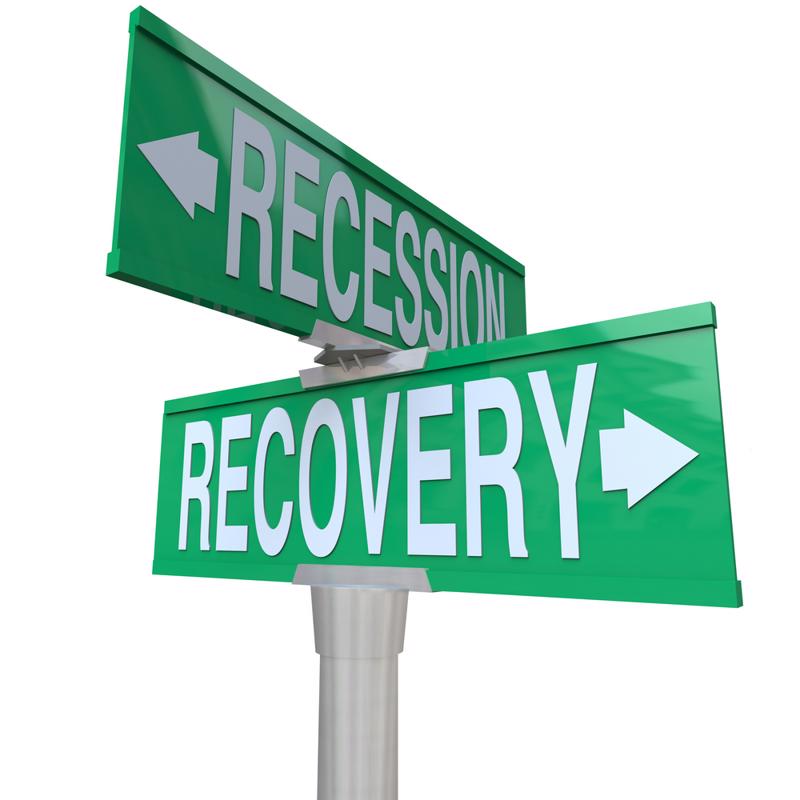Why this recession may be different
Luckily, this possibly upcoming recession is accompanied by some underlying conditions that change a lot about traditional thinking. According to a Gartner report, there's a big difference this time around, namely that today's supply chains are currently supply-constrained due to global uncertainty and the ongoing effects of the COVID-19 pandemic. This may give your organization the opportunity to finally balance out its supply with its demand and retain a much more even keel than it might be operating on today. The report goes on to say that for organizations to get ready for this possible recession, there are three things that need to happen:
- Your company needs to identify where its resource bottlenecks are.
- Your supply chain organization needs to evaluate where it feels it can take risks even in a down-turned market.
- You must prepare for when the market starts to recover to thrive.
What this means for many companies is that the recession may not be as bad for them as originally thought. The clear message that Gartner is sending should be reiterated and thought about by any supply chain professional. Success comes from taking careful stock of what could happen in the future and managing your risks appropriately. Companies that understand this the best will come out of the recession as if it had never happened, and indeed possibly in a better position than they were before.

There are still steps you can take as a precaution
While the recession may not be bad for your organization, there still is no guarantee. Your company should be taking steps to ensure it isn't blindsided by a sudden change in economic conditions. Here are couple of best practices that you should follow just in case:
- Keep a close eye on your suppliers: You might be in a good spot for the recession, but it doesn't mean your suppliers are. A supplier might suddenly fold, leaving you in the lurch. By keeping an eye on how they're doing, you'll avoid any unpleasant surprises.
- Plan ahead: While this is the first rule of supply chain management, taking the time to understand where your organization may fall in terms of a recession will be helpful for your company in the long run.
Whether a recession comes in 2023, having clear knowledge of where your company could be vulnerable and creating plans to mitigate risk represent the best way to ensure your organization doesn't face major trials should the economic worst come to pass.



Post A Comment:
0 comments so far,add yours